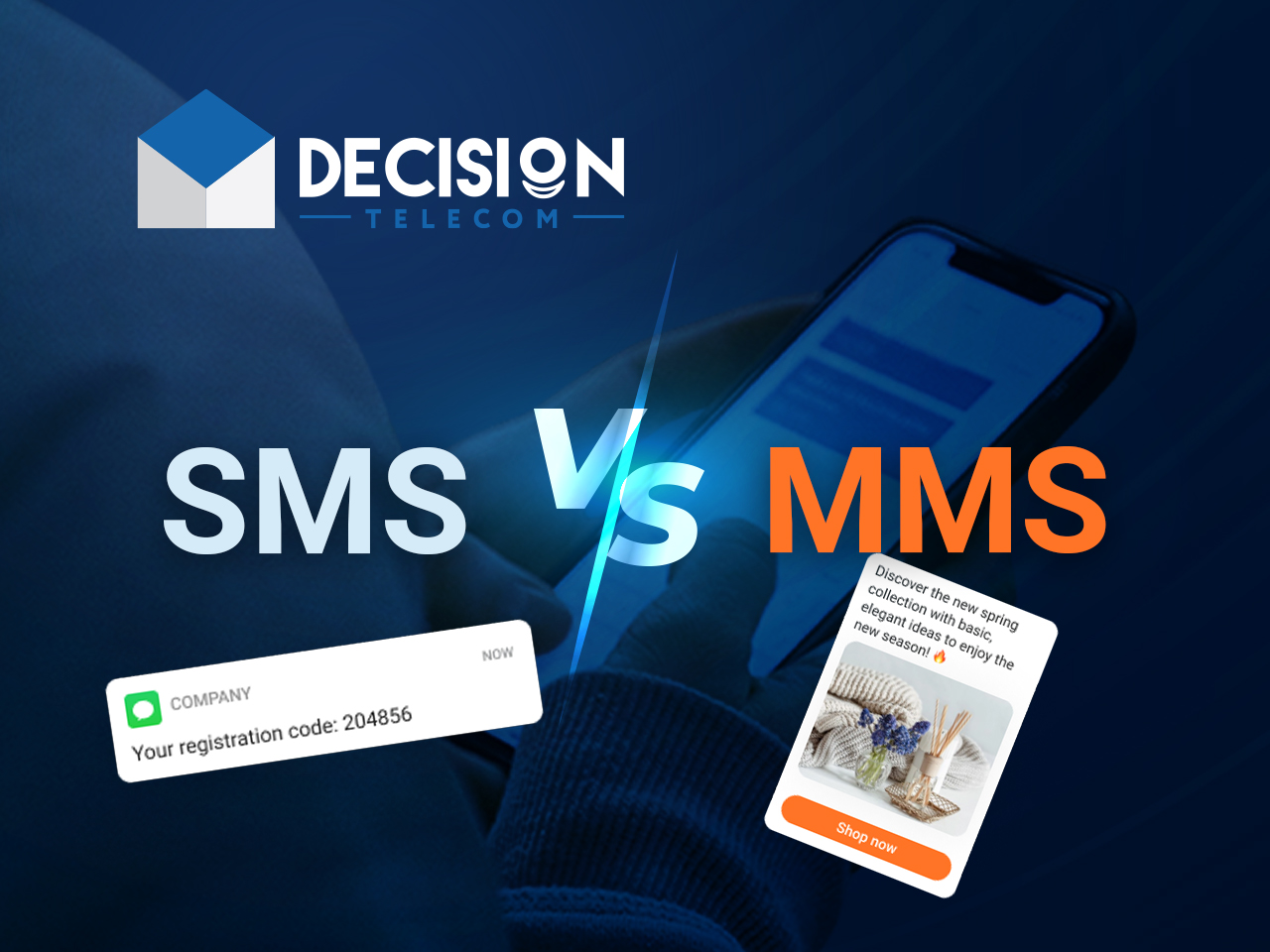MMS Videos: The Evolution And Impact Of Multimedia Messaging Services
MMS videos have transformed the way we communicate in the digital age, allowing us to share rich media content seamlessly. With the rise of smartphones and mobile technology, the use of Multimedia Messaging Service (MMS) has become increasingly popular. This article will explore the evolution of MMS, its significance in communication, and how it has influenced our daily lives.
In addition, we will discuss the various applications of MMS videos, including personal and business use, and how they have become an integral part of marketing strategies. Join us on this journey to uncover the fascinating world of MMS videos.
Table of Contents
- What is MMS?
- History of MMS
- How Does MMS Work?
- Benefits of MMS Videos
- MMS Videos in Marketing
- MMS vs. SMS: Key Differences
- The Future of MMS
- Conclusion
What is MMS?
Multimedia Messaging Service (MMS) is a standard way to send messages that include multimedia content such as images, audio, and video. Unlike SMS, which is limited to text, MMS allows users to share a rich media experience. This capability has made MMS videos a popular choice for personal communication, marketing, and entertainment purposes.
History of MMS
The development of MMS can be traced back to the early 2000s when mobile phone manufacturers began to enhance the capabilities of text messaging. The first MMS message was sent in 2002, marking the beginning of a new era in mobile communication. Over the years, MMS has evolved alongside advancements in mobile technology, leading to improved video quality and increased file size limits.
Key Milestones in MMS Development
- 2002: The first MMS message is sent.
- 2005: Major mobile operators worldwide begin to adopt MMS.
- 2010: The introduction of smartphones revolutionizes the MMS experience.
- 2020: MMS usage sees a resurgence due to the popularity of video content.
How Does MMS Work?
MMS works by utilizing mobile data networks to send and receive multimedia content. When a user sends an MMS video, the message is uploaded to a server, and the recipient is notified. The recipient can then download the content using their mobile data or Wi-Fi connection. This process allows for a seamless sharing experience, regardless of the recipient's device compatibility.
Technical Aspects of MMS
MMS messages are typically sent using the following protocols:
- WAP (Wireless Application Protocol)
- SMTP (Simple Mail Transfer Protocol)
- HTTP (Hypertext Transfer Protocol)
Benefits of MMS Videos
MMS videos offer several advantages over traditional SMS messaging. Some of the key benefits include:
- Rich Media Experience: Users can share videos, images, and audio, creating a more engaging communication experience.
- Higher Engagement: MMS messages tend to have higher open rates and engagement compared to text-only messages.
- Branding Opportunities: Businesses can leverage MMS videos for advertising and brand promotion.
- Ease of Use: Sending and receiving MMS messages is simple and user-friendly.
MMS Videos in Marketing
MMS videos have become a powerful tool for marketers looking to engage their audience. With the ability to share vibrant media content, businesses can effectively convey their messages and promotions. Here are some ways MMS is used in marketing:
Strategies for Effective MMS Marketing
- Promotional Campaigns: Use MMS to send exclusive offers and discounts to customers.
- Product Launches: Share video teasers and announcements to generate buzz around new products.
- Customer Engagement: Encourage customers to participate in surveys or feedback requests through MMS.
MMS vs. SMS: Key Differences
While MMS and SMS are both messaging services, they have distinct differences that set them apart:
- Content Type: SMS supports only text, while MMS allows for multimedia content.
- File Size Limit: SMS messages are limited to 160 characters, whereas MMS can support larger files.
- Cost: MMS messages may incur higher charges compared to SMS, depending on the mobile carrier.
The Future of MMS
As technology continues to advance, the future of MMS looks promising. The integration of MMS with other messaging platforms, such as social media and chat applications, will likely enhance its usability. Additionally, improvements in mobile data speeds and network infrastructure will further elevate the experience of sending and receiving MMS videos.
Conclusion
In summary, MMS videos have revolutionized the way we communicate by providing a rich media experience that enhances engagement. From personal messaging to marketing strategies, MMS plays a vital role in modern communication. As technology evolves, we can expect MMS to continue to adapt and thrive in the digital landscape.
We encourage you to share your thoughts on MMS videos in the comments below. If you found this article informative, please share it with your friends and explore our other articles for more insights into the world of multimedia messaging.
Thank you for reading, and we look forward to seeing you again on our site for more engaging content!
Did Molly Noblitt Die? Unraveling The Truth Behind The Rumors
Camilla Araujo: The Rising Star In The World Of PRN
Naked Billie Eilish: The Controversy And Impact On Body Positivity
/what-is-sms-mms-iphone-2000247-Final-5c38a50846e0fb0001673a66.png)

